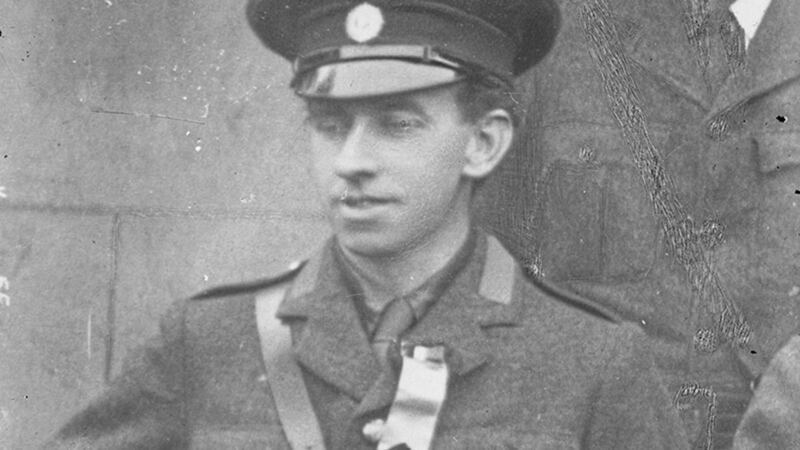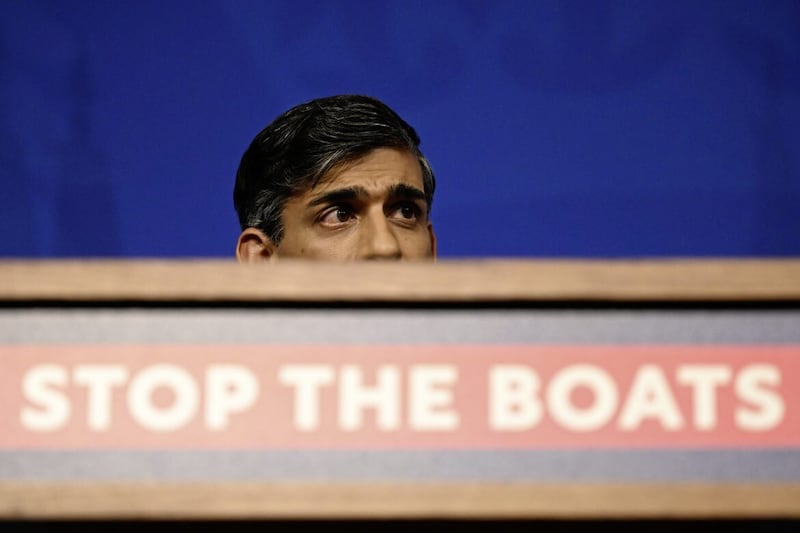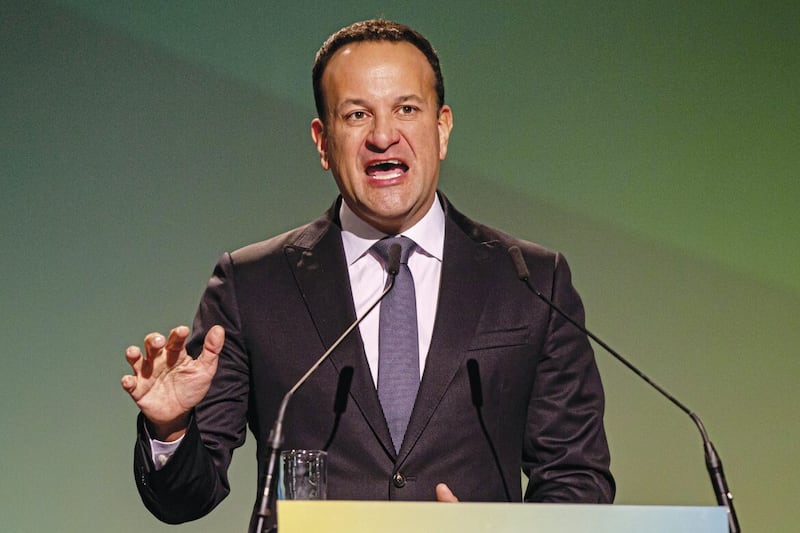The pomp and ceremony of the 2016 national commemoration of the Easter Rising, coming as it did almost slap bang in the middle of the decade of centenaries, was quite special and it was important to do.
But not only was Easter 1916 a pivotal moment in Irish history, it continues to resonate in homes and families across the island.
My grandmother and her sisters, quite unusually for the time, were students at UCD and had the distinction of having Thomas MacDonagh, a signatory of the Proclamation, as one of their lecturers.
Following in their father’s footsteps, my Grandmother Nora and her sisters Marie and Eily took up journalism.
Writing in the "Catholic Standard" of May 21, 1943, a paper to which she was a regular contributor for many years, my great aunt Eily recalled: ''Once, long ago, I sat in a College classroom and listened to the teaching of a man. The man afterwards went down gloriously in history as one of those who paid the price for the "glorious folly" of Easter week. But I, sitting at class, had no prophetic vision to see that end. His words impressed me of themselves. The talk had turned on happiness. This man's classes were like that. He educated, and the meaning of that word is in its Latin derivation--"e" or "ex", out of, and "duco", I lead--to lead forth, to draw out character, knowledge, wisdom, not to cram it in, which is real education...The discussion went back and forward round the table and then our teacher spoke: "Anyhow, who ever told us to expect happiness in this world?" he said.
"That phrase has often come into my mind since he spoke it. Truly it is only the fairy-tale which arranges for people to live happily ever after...."
For the Easter edition of the Standard in 1953 Eily referred back to MacDonagh in an extremely personal account of her experience of the 1916 Rising and hearing the news of MacDonagh's execution:
"Easter Week, 1916, is passing into the region of history. It is thirty-seven years ago, and yet, to those who were then young, when old heroic days seemed to have come back again, it does not seem so long ago. Odd to think that, with teenage eyes, some of us looked at the blackened ruins of the General Post Office, and saw rubble heaped up in the middle of O'Connell Street...Vivid still the memory of those heart-hurting moments when news came of execution after execution. Most vivid, of course, the memory of the moment when the news was of the death by execution of one's own particular hero--reading in a brief newspaper paragraph the name of Thomas McDonagh, crumpling the paper to a ball as if, by crushing it, one could destroy the reality of what had been announced. And yet it was not a sad time. They had failed. Very well, they failed. But one had a sort of defiant pride in the fact that they had tried."
If Easter is a time of reflection and rededication for those of Christian faith, then it is also a time of reflection for united Irelanders.
The much-cited “cherishing all of the children of the nation equally” is a central tenet of the manifesto that was the Proclamation of the Irish Republic, but deeper scrutiny is needed when we acknowledge that there are those who live here who do not feel part of the Irish nation. They may identify as Ulster British, they may be people who were born elsewhere and have chosen to call Ireland home.
If the Proclamation were being written today, no doubt the references to God and to Ireland as “she” and “her” would have to go. Likewise, the claims of legitimacy of the actions by referring to previous armed campaigns and the stuff about Ireland taking its place among the nations of the world. That doesn’t leave much, you’d think.
Actually, it leaves a lot. The Proclamation was a progressive statement of intent setting out a vision for a new Ireland. It acknowledged Ireland's Protestant minority of the time and committed to “guarantee(s) religious and civil liberty, equal rights and equal opportunities to all its citizens.”
Imagining a new Ireland has to include accepting different identities and acknowledging the fact that, despite having those different affinities of nationhood, we have one commonality of citizenship.
The discussion around identity has, for the most part, focused on a binary two traditions narrative, but that is something that we really need to expand upon.
If we truly want to integrate everyone who calls this island home into a new Ireland, then we need to expand the definition of Irishness to ensure that it embraces the cultural and traditional expressions of everyone.
When you strip out the pomp and hyperbole, united Irelanders can still have a defiant pride that the ideals of the Proclamation are as relevant now as they were 106 years ago.








